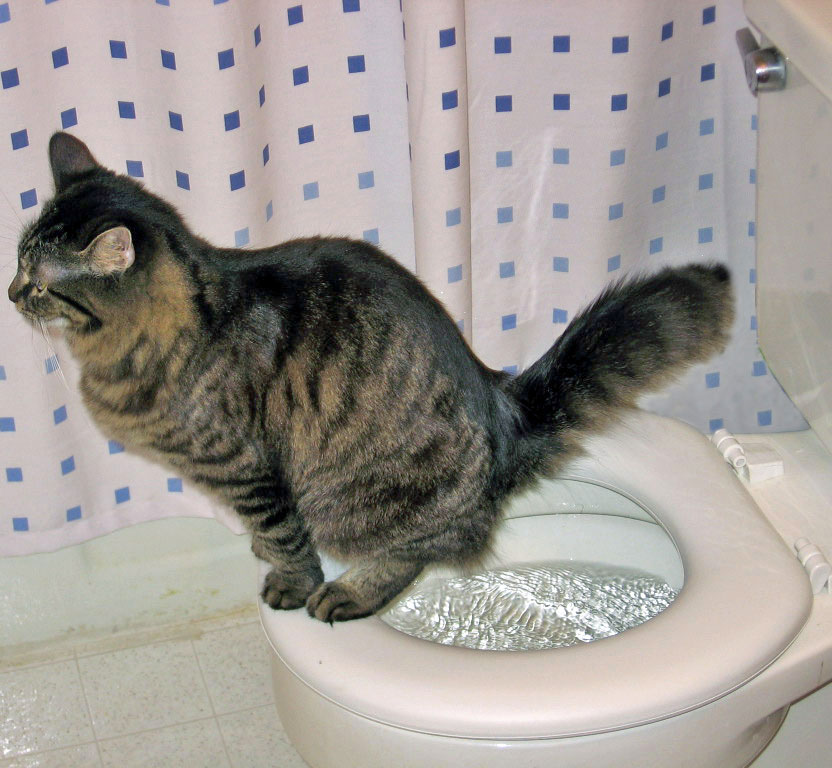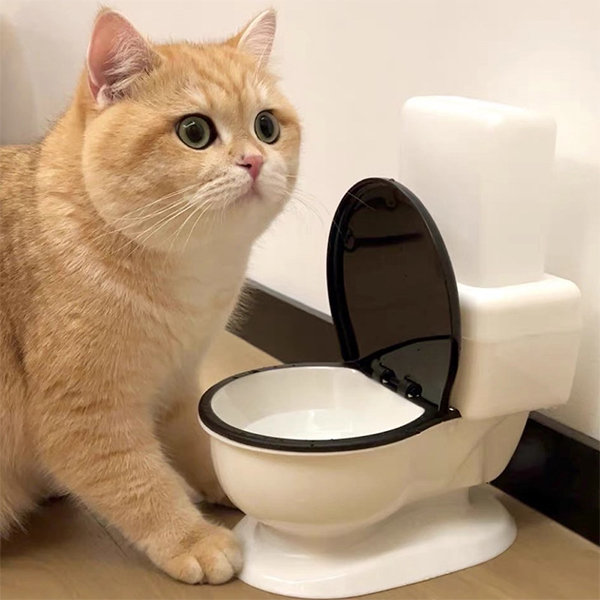Prevent Bathroom Emergencies: Don't Flush Cat Poop Down Your Toilet - Expert Guidance
Prevent Bathroom Emergencies: Don't Flush Cat Poop Down Your Toilet - Expert Guidance
Blog Article
Were you interested in facts and techniques on How to Dispose of Cat Poop and Litter Without Plastic Bags?

Introduction
As cat owners, it's necessary to bear in mind exactly how we throw away our feline friends' waste. While it might seem hassle-free to flush cat poop down the toilet, this practice can have detrimental consequences for both the setting and human wellness.
Alternatives to Flushing
The good news is, there are much safer and more liable methods to take care of feline poop. Consider the adhering to options:
1. Scoop and Dispose in Trash
The most typical method of disposing of feline poop is to scoop it into an eco-friendly bag and throw it in the garbage. Be sure to utilize a dedicated trash inside story and deal with the waste without delay.
2. Use Biodegradable Litter
Select eco-friendly cat clutter made from products such as corn or wheat. These litters are environmentally friendly and can be securely disposed of in the trash.
3. Bury in the Yard
If you have a lawn, think about hiding feline waste in a designated area away from vegetable gardens and water sources. Be sure to dig deep enough to prevent contamination of groundwater.
4. Install a Pet Waste Disposal System
Invest in an animal waste disposal system specifically developed for feline waste. These systems use enzymes to break down the waste, reducing odor and ecological effect.
Health and wellness Risks
In addition to ecological concerns, flushing feline waste can also pose wellness dangers to humans. Cat feces might include Toxoplasma gondii, a parasite that can cause toxoplasmosis-- a possibly severe ailment, especially for pregnant females and individuals with damaged immune systems.
Ecological Impact
Flushing feline poop introduces dangerous microorganisms and parasites right into the water supply, presenting a substantial risk to water ecosystems. These pollutants can adversely impact marine life and compromise water top quality.
Final thought
Accountable pet dog ownership extends beyond supplying food and sanctuary-- it additionally entails proper waste management. By refraining from flushing feline poop down the bathroom and going with alternative disposal methods, we can minimize our environmental impact and shield human wellness.
Why You Should Never Flush Cat Poop Down the Toilet
A rose by any other name might smell as sweet, but not all poop is created equal. Toilets, and our sewage systems, are designed for human excrement, not animal waste. It might seem like it couldn’t hurt to toss cat feces into the loo, but it’s not a good idea to flush cat poop in the toilet.
First and foremost, assuming your cat uses a litter box, any waste is going to have litter on it. And even the smallest amount of litter can wreak havoc on plumbing.
Over time, small amounts build up, filling up your septic system. Most litter sold today is clumping; it is made from a type of clay that hardens when it gets wet. Ever tried to scrape old clumps from the bottom of a litter box? You know just how cement-hard it can get!
Now imagine just a small clump of that stuck in your pipes. A simple de-clogger like Drano isn’t going to cut it. And that means it’s going to cost you big time to fix it.
Parasitic Contamination
Believe it or not, your healthy kitty may be harboring a nasty parasite. Only cats excrete Toxoplasma in their feces. Yet it rarely causes serious health issues in the cats that are infected. Most people will be fine too if infected. Only pregnant women and people with compromised immune systems are at risk. (If you’ve ever heard how women who are expecting are excused from litter cleaning duty, Toxoplasma is why.)
But other animals may have a problem if infected with the parasite. And human water treatment systems aren’t designed to handle it. As a result, the systems don’t remove the parasite before discharging wastewater into local waterways. Fish, shellfish, and other marine life — otters in particular — are susceptible to toxoplasma. If exposed, most will end up with brain damage and many will die.
Depending on the species of fish, they may end up on someone’s fish hook and, ultimately on someone’s dinner plate. If that someone has a chronic illness, they’re at risk.
Skip the Toilet Training
We know there are folks out there who like to toilet train their cats. And we give them props, it takes a lot of work. But thanks to the toxoplasma, it’s not a good idea.

I was made aware of that report on How to Dispose of Cat Poop and Litter Without Plastic Bags from an acquaintance on our other web page. Enjoyed reading our entry? Please share it. Help other people check it out. Thank-you for your time spent reading it.
Try Here Report this page